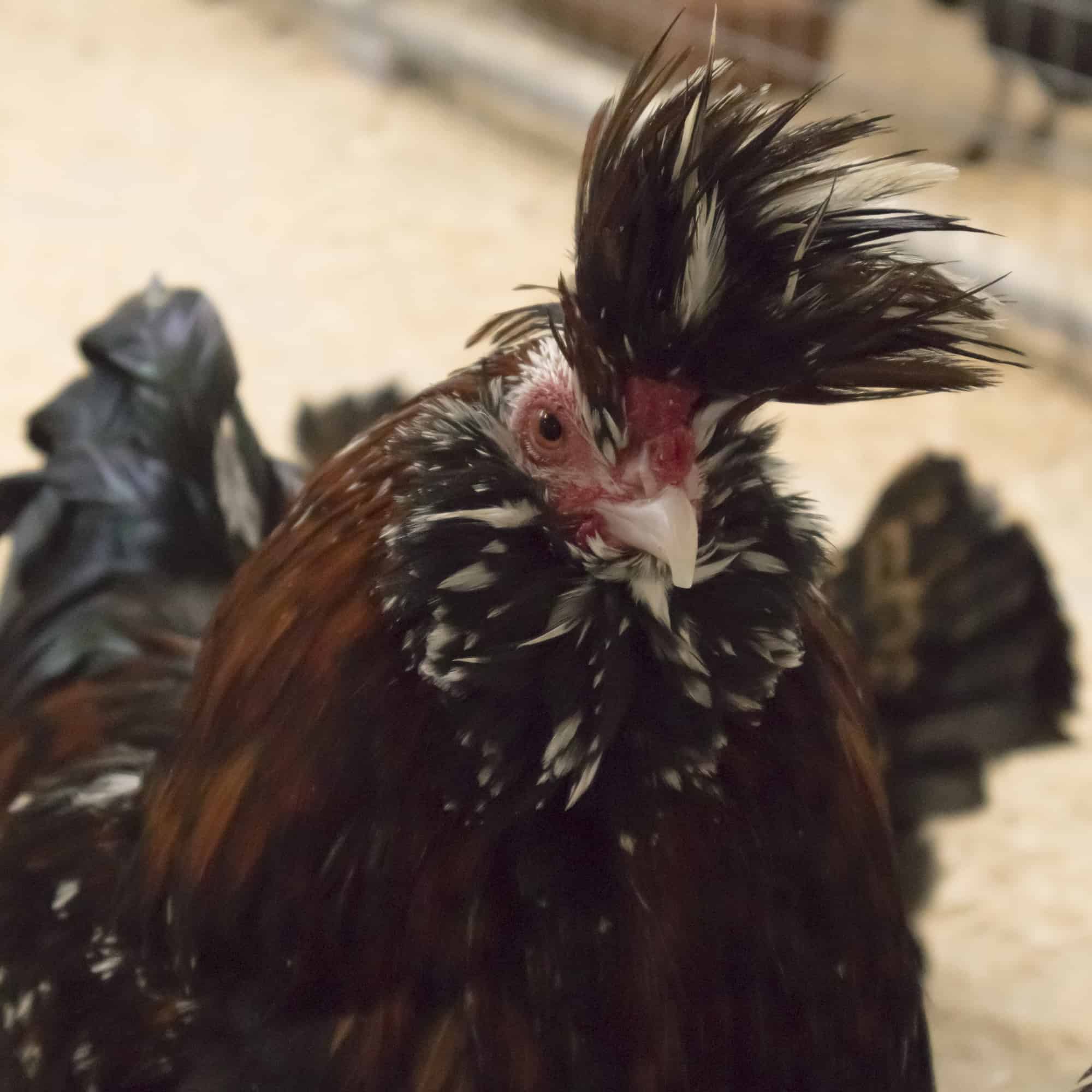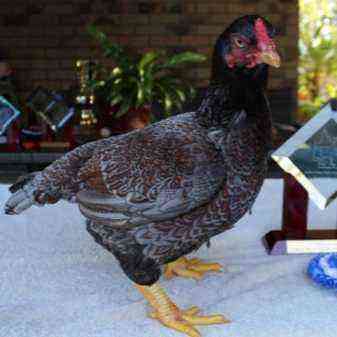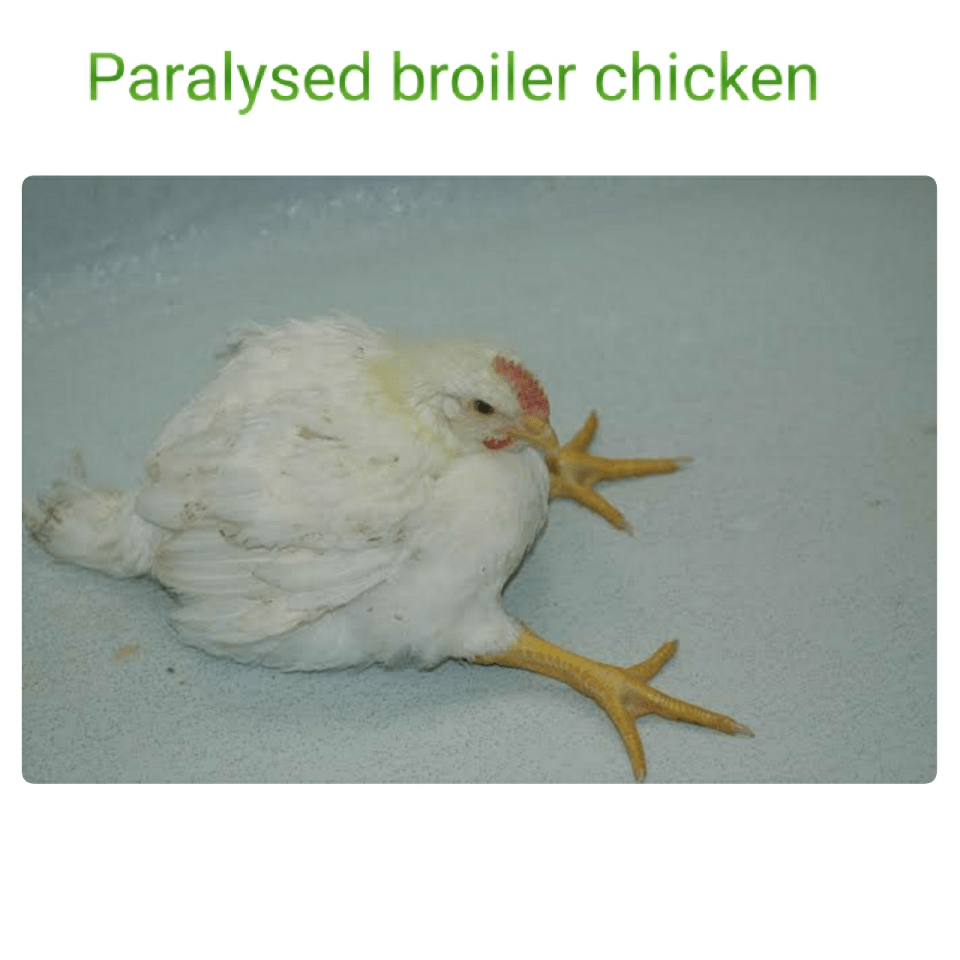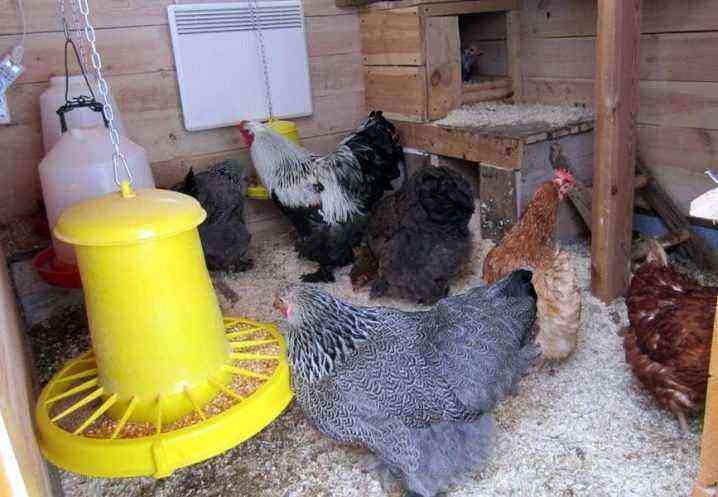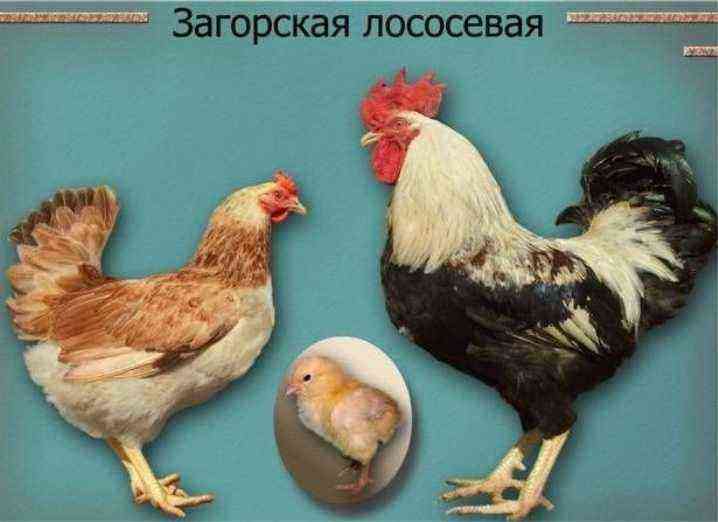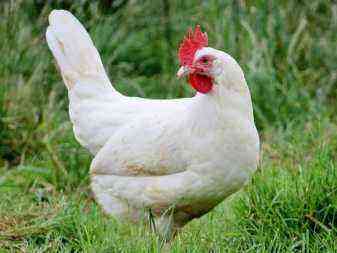Chickens are prone to a variety of diseases, among which beriberi is especially dangerous and common. There are various forms of beriberi, for example, group B. It reduces the overall activity of feathered pets and their reproductive function, disrupts the work of all basic life processes in the bird’s body.
Avitaminosis of chickens B1 must be correctly and timely recognized. Sometimes novice poultry farmers are not able to immediately independently determine the cause of the ailment of birds and mistake beriberi for some more serious and terrible disease, so they use potent drugs that further harm the health of feathered pets. Owners of chickens, at the first sign of a disease in their feathered livestock, should seek help from a specialist who will correctly diagnose and prescribe the correct treatment.
The main reason for the development of avitaminosis B1 in chickens is a lack of thiamine. It enters the body of feathered pets with products such as greens, coarse bran flour. With a lack of thiamine, chickens become lethargic, apathetic, their activity of the nervous system decreases, which increases when the substance in the body rises, it turns out to be normal.
Chicken avitaminosis B1 develops when various microbes and bacteria enter the body of feathered pets. The causative agents of this disease can also be worms, which adversely affect the work of the intestine, which consumes a large amount of thiamine, and its lack leads to beriberi.
It is difficult to immediately recognize beriberi in chickens. The symptoms of the disease are very similar to many other diseases: the bird’s appetite decreases, it becomes capricious and lethargic, it moves less, often sits in one place for a long time, its breathing quickens, and productivity decreases.
Treatment of avitaminosis in chickens B1 should be started as soon as the first signs of the disease appear and a diagnosis has been made. The slightest delay can lead to more serious disturbances in the work of the bird’s body. She may begin to have convulsions, develop digestive upset, chills, and then develop polyneuritis. It will be impossible to save such an individual.
Treatment of chickens should begin with a change in the diet of feathered pets. You need to add vegetables and fruits, herbs, vitamin supplements to it. In adults, beriberi is easier to treat and somewhat easier. With young people, things are more difficult. They almost immediately begin to lag behind in development, deplete faster, their immunity decreases faster.
Preventive measures to prevent the development of beriberi in chickens include proper, balanced nutrition, a well-composed diet, in which all the necessary vitamins are present. The content of the bird also plays an important role, so the chicken coop should be light, clean and warm.







